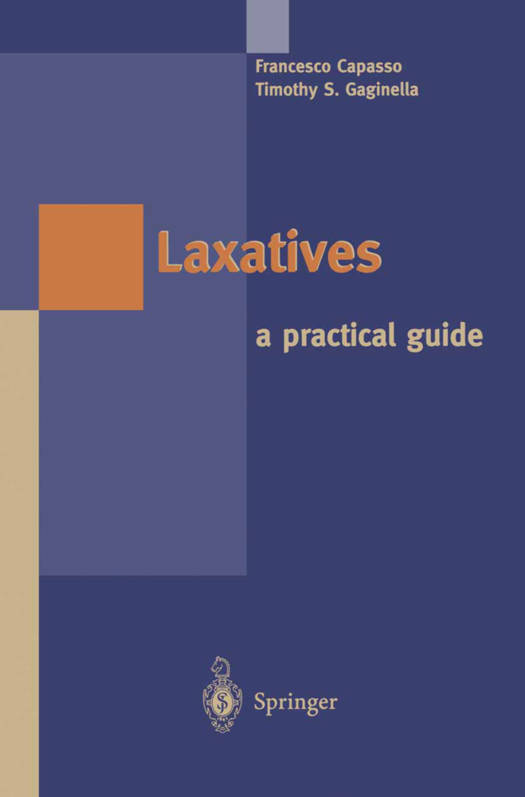
- Afhalen na 1 uur in een winkel met voorraad
- Gratis thuislevering in België vanaf € 30
- Ruim aanbod met 7 miljoen producten
- Afhalen na 1 uur in een winkel met voorraad
- Gratis thuislevering in België vanaf € 30
- Ruim aanbod met 7 miljoen producten
Zoeken
€ 52,95
+ 105 punten
Omschrijving
Constipation is a common disorder that is often defined differently by patients and physicians. Clinically, constipation occurs when bowel move- ments are difficult or painful. The "normality" of bowel movements, in terms of frequency, varies among individuals; frequency that is thought by one person to be constipation may be reported by another to be usual and thus normal. Often the perceived "need" to have a bowel movement leads to self-treatment with laxatives as these drugs are widely available without a prescription. This situation can raise problems in patient care, because of potential interactions between laxatives and other medications. Furthermore, chronic use (abuse) oflaxatives can cause serious medical consequences, causing patients to visit physicians, and even to be hospitalized for further evaluation and care. This has a financial impact on the patient, and on health care systems. It is essential that pharmacists, physicians and other health care practitioners counsel patients on the causes of constipation and the proper use oflaxatives. A medical work-up by a physician should be done to determine if the constipation is due to a pathological process. Often nor- mal bowel function (for an invididual) can be maintained by diet and/or lifestyle. Most laxatives in use today are of botanical origin. Further research on the mechanism of action of these and synthetic laxatives is needed to bet- ter define their pharmacology and toxicology.
Specificaties
Betrokkenen
- Auteur(s):
- Uitgeverij:
Inhoud
- Aantal bladzijden:
- 85
- Taal:
- Engels
Eigenschappen
- Productcode (EAN):
- 9783540750376
- Verschijningsdatum:
- 1/04/1997
- Uitvoering:
- Paperback
- Formaat:
- Trade paperback (VS)
- Afmetingen:
- 156 mm x 234 mm
- Gewicht:
- 145 g

Alleen bij Standaard Boekhandel
+ 105 punten op je klantenkaart van Standaard Boekhandel
Beoordelingen
We publiceren alleen reviews die voldoen aan de voorwaarden voor reviews. Bekijk onze voorwaarden voor reviews.











